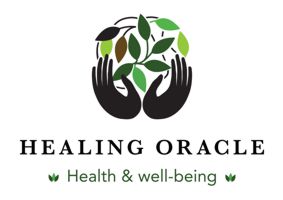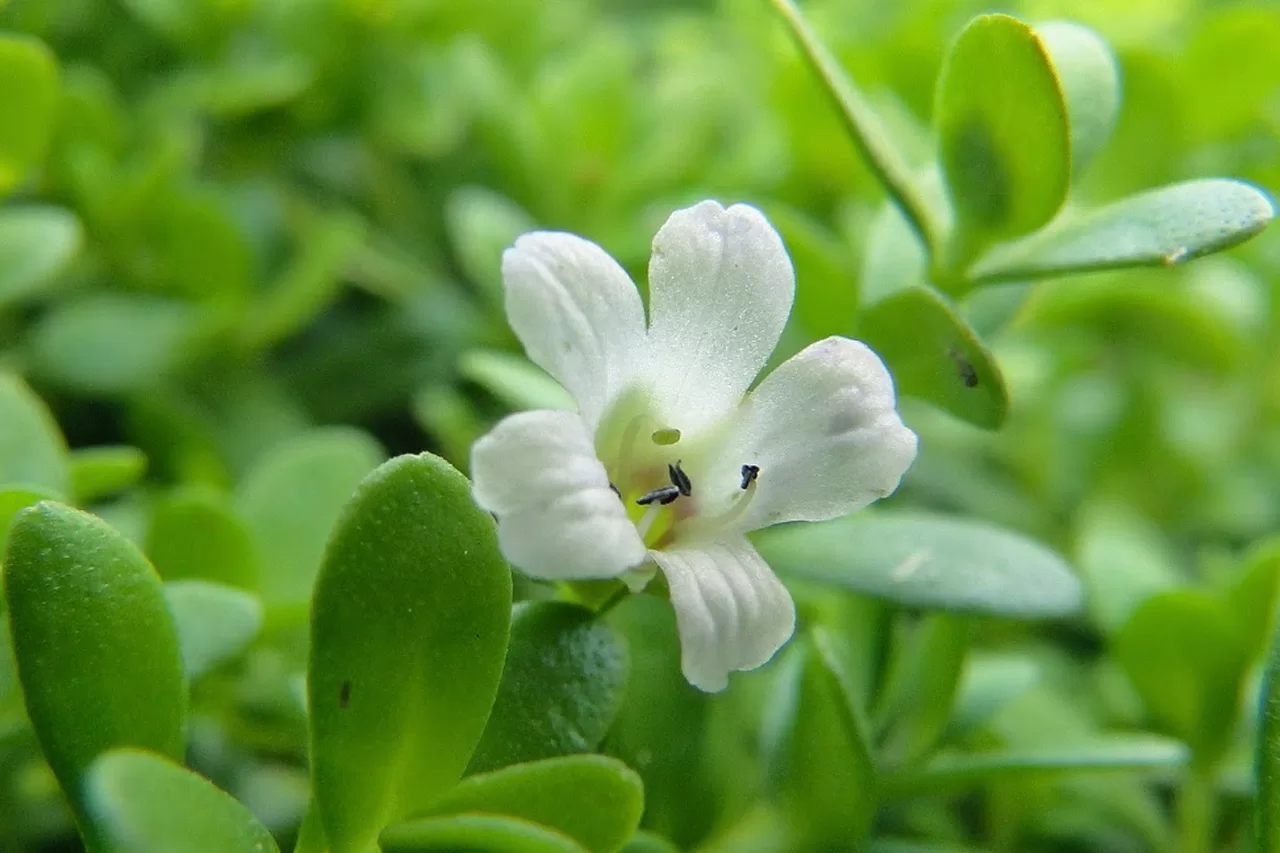Brahmi Ghrita is a very famous Ayurvedic medicine, in herbal ghee form. This medicine has ghee as its base. It is used for preparatory procedure for Panchakarma and also as medicine, mainly for treatment of improving intelligence, learning skills and speech.
It is widely used as medicine and also in preparatory procedure called snehakarma for the treatment of improving learning skills, intelligence, memory, speech. It is also used in the treatment of skin diseases, epilepsy and female infertility. Reportedly overcomes impotency.
It is often used for treating depression, fatigue, myalgia – depression induced body-ache, stress disorder and is useful in panic attacks. It also has benefits on those suffering from Autism.
Reduces the symptoms of Autism and ADHD
Brahmi also works very well in a child with ADHD and autism by nourishing the tissues of the brain and supporting the myelin sheath. Brahmi has confirmed it is helpful in fixing attention among children, and improves the communication level.
Attention deficit hyperactivity disorder (ADHD) manifests in childhood with symptoms of hyperactivity, impulsivity, and/or inattention. The symptoms affect cognitive, academic, behavioural, emotional, and social functioning. The reported prevalence of ADHD in children varies from 2 to 18 percent. The prevalence in school-age children is estimated to be between 8 and 11 percent, making it one of the most common disorders of childhood. ADHD is more common in boys than girls (male to female ratio 4:1 for hyperactive type and 2:1 for inattentive type). According to the 2011 National Survey of Children’s Health (NSCH), among those with current ADHD, 69 percent were being treated with medication at the time of the survey. Children and adolescents with ADHD often have comorbid psychiatric disorders, including oppositional defiant disorder, conduct disorder, depression, anxiety disorder, and learning disabilities.
Brahmi and its constituents, Bacosides, have been found to have central nervous system effects, including increasing learning ability and cognitive skills, in several animal and human studies. In a human study in 1987, a single-blind trial was conducted in India, administering Bacopa (1.05 grams/ day for three months of the dried plant, extracted into a syrup form) to 40 children ages 6-8 years. Maze learning, immediate memory and perception, and reaction/performance times all improved. No side-effects were seen.
Dosages
Typical dosages for Bacopa monnieri extract in human studies range from 300–450 mg per day. It’s available in several forms, including capsules and powders. The powdered form can be added to hot water to make a soothing tea. It can also be mixed with ghee — a form of clarified butter — and added to warm water to make an herbal drink.
Sources
https://www.autismayurvedam.com/brahmi-benefits/
https://www.ayurvedacollege.com/blog/brahmi-review/
Love and Light
The Healing Oracle Team
Please join our growing numbers on MeWe: Healing Oracle
Also join us on Twitter | YouTube
Global Petition
Please sign our global petition against enforced vaccinations The intention of this petition is to present 5 million signatures to each President, Prime Minister, Health Minister and heads of state worldwide.
Vaccines are a global problem and need to be tackled on a global level.
If we stand as one, we have a chance of saving the children of the future.

